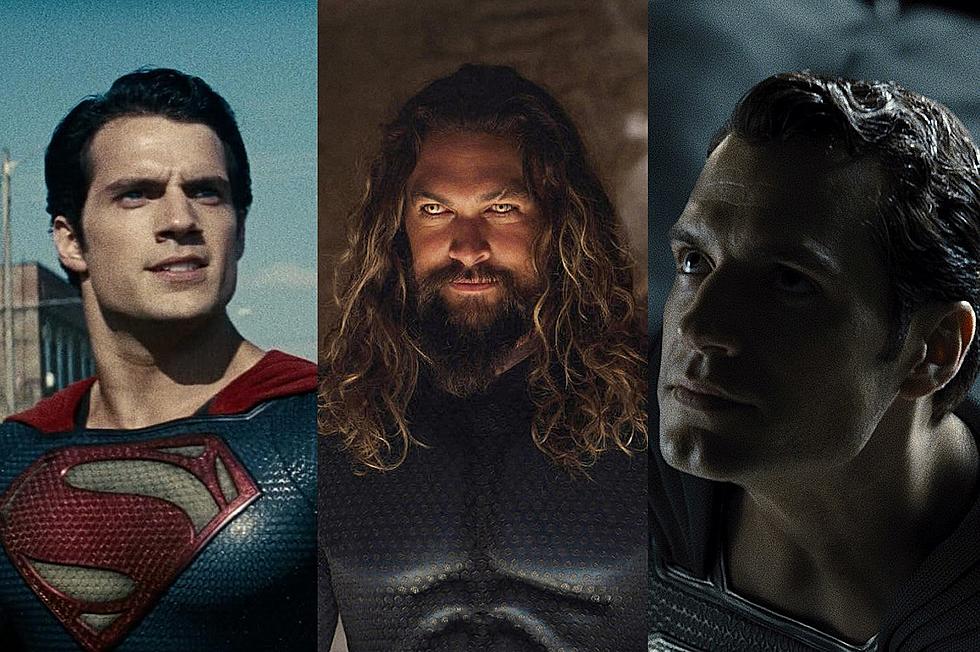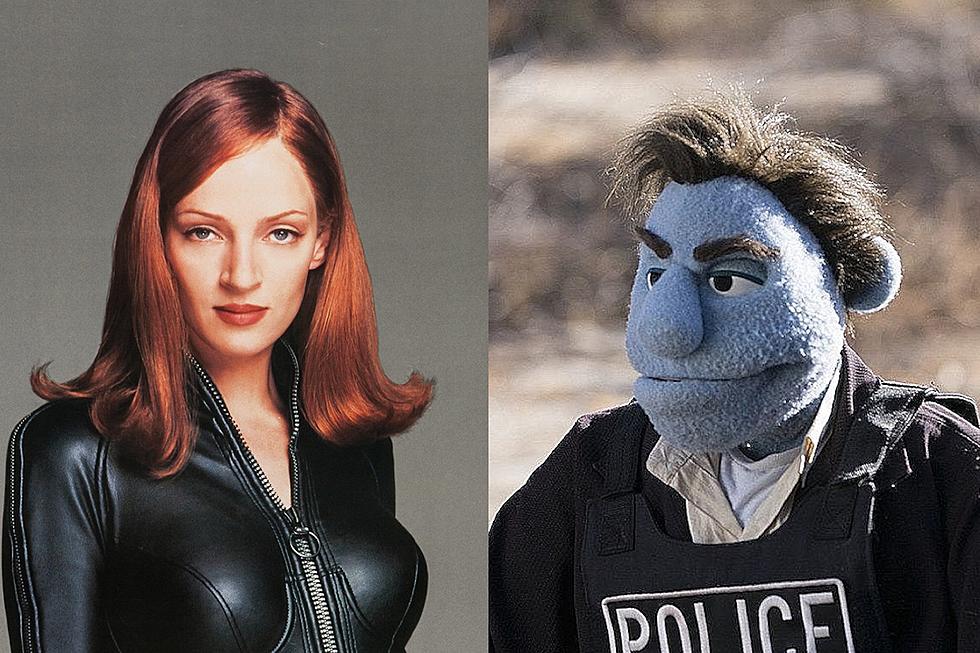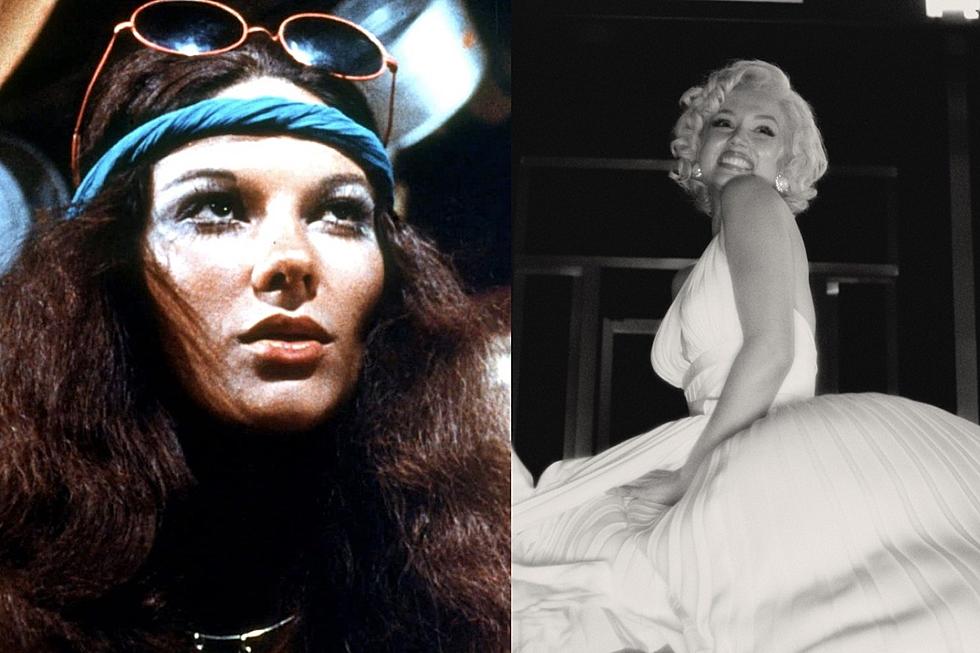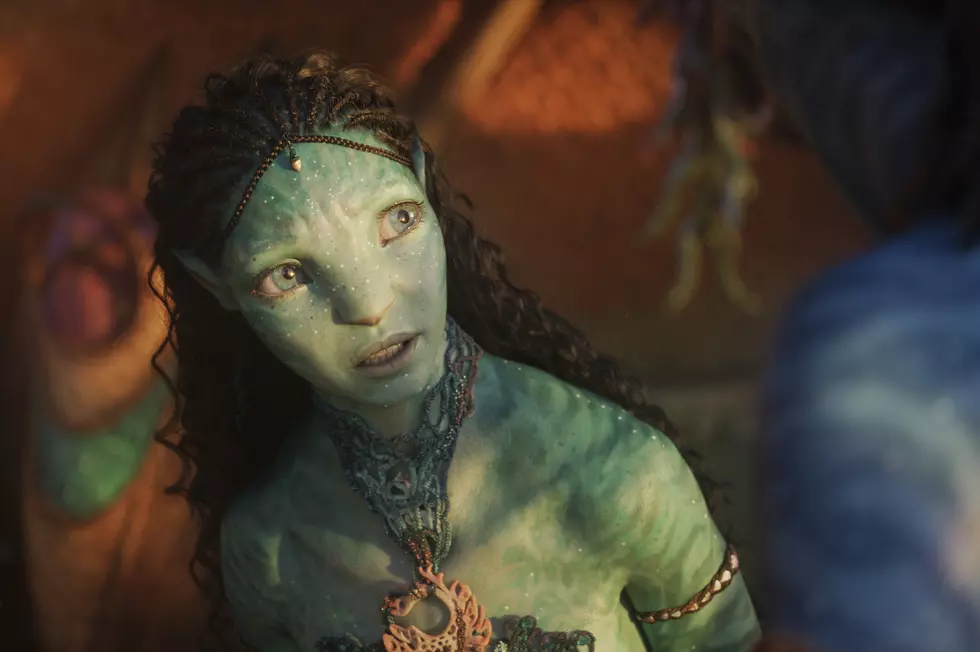
Why Mike Birbiglia Is Right About the MPAA’s Hypocritical Ratings System
When you go to the theater this weekend, you’ll have a few movies to choose from, including Suicide Squad and Mike Birbiglia’s Don’t Think Twice. If you didn’t know the rating for either of these films, and we were to tell you that only one of them is rated R, which one would you guess? The gritty and violent comic book movie featuring characters with names like Deadshot, Killer Croc and Katana, or the humorous dramedy featuring a cast of funny people in the world of improv?
You’d probably assume that the film with the word “Suicide” in the title is rated R. But as we’ve known for quite some time now, that’s not the case. Despite the violence, mayhem, guns, explosions and suggestive content, Suicide Squad is rated PG-13, while Birbiglia’s sophomore directing effort is rated R. Even if you haven’t seen Don’t Think Twice (I have), a quick look at the trailer proves that there’s not a whole lot going on there that seems to warrant a restricted rating.
Birbiglia himself took note of these inconsistent ratings and called the MPAA out over Twitter:
Sure. But as Judd Apatow points out in his response, the MPAA finds sex and drugs to be far more offensive than violence:
It’s not as if the MPAA is oblivious to the content of Suicide Squad, which was rated PG-13 “for sequences of violence and action throughout, disturbing behavior, suggestive content and language.” I’m not saying that David Ayer’s DC villain team-up should be rated R, but it’s pretty silly when Birbiglia’s film is rated R for “language and some drug use” — drugs, as in marijuana.
ParentPreviews.com offers a more detailed breakdown of Suicide Squad’s PG-13 rating, which is pretty illuminating:
Violence:
- Frequent portrayals of non-graphic violence.
- Frequent gun, weapons, and hand-to-hand violence with little blood or detail.
- Depiction of torture.
- Portrayals of injury and/or physical assault.
- Infrequent portrayals of transformations and frightening imagery.
- Scenes containing grotesque images.
- Some scenes may frighten young children.
Sexual Content:
- Sexual references and innuendo.
- Embracing and kissing.Language:
Approximately 30 instances of coarse language including:
- Frequent use of scatological slang.
- Infrequent use of cursing, profanity, and vulgar expressions.
- Limited use of slurs.Alcohol / Drug Use:
- Infrequent portrayals of alcohol use in a recreational context.
Frequent use of guns and weapons, torture (!!!), slurs (but they’re “limited,” so it’s okay), and sexual references and innuendo — which is particularly interesting given how squeamish the MPAA is about sexy stuff. But Suicide Squad gets away with all of it because it’s a comic book movie rooted in fantasy, and because there’s very little blood and gore despite the prevalence of violence.
The same site doesn’t offer a similarly detailed guide for Don’t Think Twice, but I doubt it would explain the weird ratings discrepancy. In a survey conducted last year, 80 percent of parents in the U.S. said that MPAA ratings are accurate; the majority of those surveyed also said that sex and nudity are bigger concerns than violence, and that most sexual content should immediately warrant an R rating.
The chief concerns of the surveyed parents can be broken down as follows, via THR:
Graphic sex scenes (80 percent), followed by full male nudity (72 percent), use of hard drugs (70 percent), full female nudity (70 percent), graphic violence (64 percent), use of the F-word (62 percent), marijuana use (59 percent), horror violence (59 percent), non-graphic sex scenes (57 percent), suggestive sexual innuendo (57 percent), partial nudity (57 percent) and brief nudity (57 percent)
Female nudity is less of a worry than male nudity and hard drugs, which speaks to the troubling way that we, as a society, perceive women and their bodies. Also notable: The survey was part of the 2015 Parents Ratings Advisory Study and commissioned by the Classification & Rating Administration — which houses the MPAA.
But film ratings are not laws. They are suggestions to help parents and guardians determine whether a film is appropriate for their children. Theater owners choose to implement these ratings as admittance guidelines, but we’ve collectively put so much stock into the MPAA as the ultimate authority on what is and isn’t offensive, and what’s best for kids and teens. It’s kind of ridiculous.
So yes, Mike Birbiglia is right: The only thing offensive about his film is the rating. I doubt there are a bunch of teenagers scrambling to the theater to see Don’t Think Twice this weekend; they should have the option, but that’s not the point. The point is that this ratings system is hypocritical and arbitrary, and has become a wholly unnecessary, nebulous form of censorship that favors blockbusters and major studios over independent filmmakers.
More From ScreenCrush









